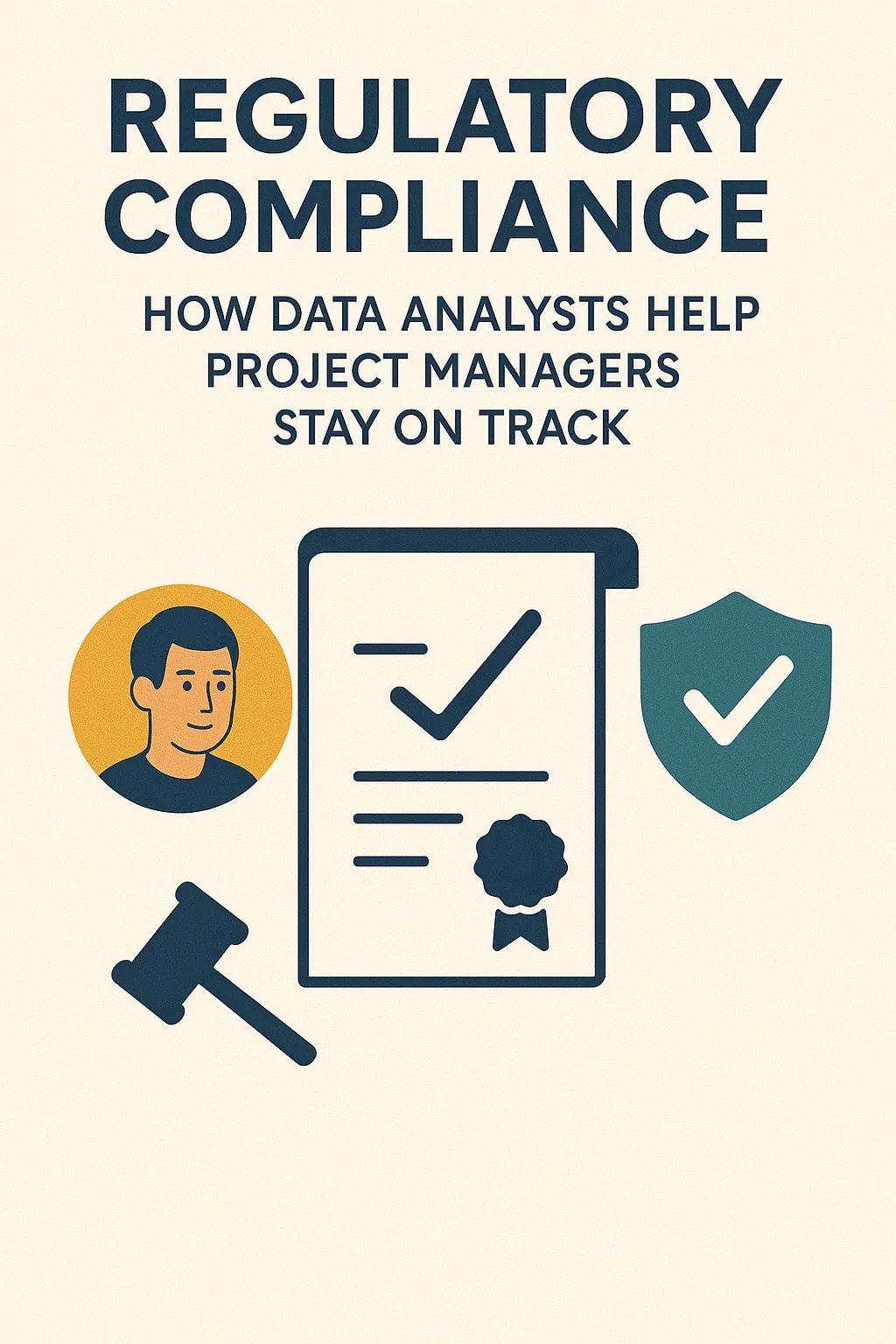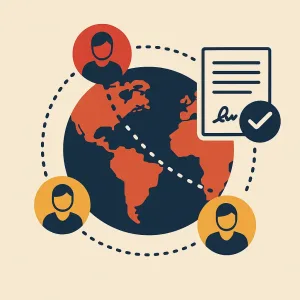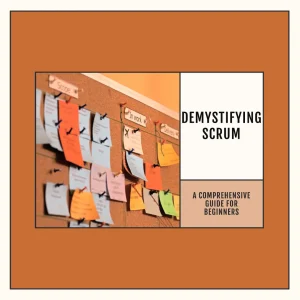Introduction
Contracts serve as foundational documents that outline the expectations, responsibilities, and deliverables between parties involved in a project. Project manager contracts are essential for defining the scope of work, timelines, and budgetary constraints, ensuring that all stakeholders are aligned and accountable throughout the project lifecycle. These contracts not only set the stage for project execution but also play a crucial role in risk management and conflict resolution, making them indispensable for project managers and team leaders alike.
As project management evolves, the integration of collaboration tools has become increasingly significant. These tools facilitate seamless communication and information sharing among team members, stakeholders, and clients, regardless of their geographical locations. By leveraging technology, project managers can enhance their ability to execute contracts effectively, ensuring that all parties remain informed and engaged. Collaboration tools encompass a wide range of software solutions designed to improve project management processes, including document management platforms, communication applications, and project tracking systems.
The benefits of enhanced collaboration through these tools are manifold. They not only streamline workflows and reduce the likelihood of misunderstandings but also foster a culture of teamwork and transparency. This collaborative environment is vital for achieving contract goals, as it allows for real-time updates, feedback, and adjustments to be made as needed. Ultimately, the effective use of collaboration tools can lead to improved project outcomes, higher client satisfaction, and a more efficient execution of project manager contracts.
Understanding Project Manager Contracts
Contracts serve as the backbone of project execution, outlining the expectations, responsibilities, and deliverables for all parties involved. A well-structured project manager contract is essential for ensuring that projects are completed on time, within budget, and to the required quality standards. Here’s a foundational understanding of what these contracts typically include, the various types available, and the significance of clear terms and conditions.
Key Components of a Project Manager Contract
A project manager contract generally encompasses several critical elements:
- Timeline: This specifies the duration of the project, including key milestones and deadlines that need to be met. A clear timeline helps in tracking progress and ensuring accountability [1].
- Budget: The contract outlines the financial aspects, including the total project cost, payment schedules, and any contingencies for unforeseen expenses. This is crucial for maintaining financial control throughout the project [1].
- Quality Requirements: It defines the standards and criteria that the project deliverables must meet, ensuring that the final output aligns with stakeholder expectations [1].
- Roles and Responsibilities: The contract delineates the specific roles of the project manager and other team members, clarifying who is responsible for what tasks [1].
- Communication Protocols: Effective communication is vital for project success. Contracts may include guidelines on how communication will be managed, including the use of collaboration tools [6].
Types of Project Manager Contracts
There are several types of project manager contracts, each suited to different project needs:
- Fixed-Price Contracts: These contracts set a predetermined price for the entire project, providing budget certainty but requiring careful scope management to avoid cost overruns.
- Time and Materials Contracts: This type allows for flexibility, charging based on the actual time spent and materials used. It is beneficial for projects where the scope is not clearly defined at the outset.
- Cost-Plus Contracts: These contracts cover the actual costs incurred plus an additional fee or percentage for profit. They are often used in complex projects where costs can be unpredictable.
Importance of Clear Terms and Conditions
The clarity of terms and conditions in a project manager contract cannot be overstated. Clear terms help to:
- Prevent Disputes: Well-defined expectations reduce the likelihood of misunderstandings and conflicts between parties, fostering a more collaborative environment [10].
- Enhance Accountability: When roles and responsibilities are clearly articulated, it becomes easier to hold team members accountable for their contributions to the project [5].
- Facilitate Effective Communication: Including communication protocols in the contract ensures that all stakeholders are on the same page, which is essential for successful project execution. Utilizing collaboration tools can further enhance this aspect by enabling real-time communication and updates [3][6].
The Role of Collaboration Tools in Project Management
The execution of contracts is a critical component that can significantly influence the success of a project. Collaboration tools have emerged as essential assets in this process, enhancing communication, task management, and overall project efficiency. Here’s a closer look at how these tools function and their benefits in project management.
Definition and Examples of Collaboration Tools
Collaboration tools are software applications designed to facilitate teamwork and communication among project members, regardless of their physical location. Some popular examples include:
- Slack: A messaging platform that allows teams to communicate in real-time through channels, direct messages, and file sharing.
- Trello: A visual project management tool that uses boards, lists, and cards to organize tasks and track project progress.
- Asana: A task management tool that helps teams plan, organize, and track their work, ensuring everyone is aligned on project goals.
- Microsoft Teams: A collaboration platform that integrates chat, video meetings, and file storage, enabling seamless communication and teamwork.
These tools not only streamline communication but also enhance the overall project management experience by providing a centralized platform for collaboration.
Facilitating Communication, Task Management, and Document Sharing
Collaboration tools play a pivotal role in improving communication among team members. They allow for:
- Real-time Communication: Instant messaging and video conferencing features enable quick discussions and decision-making, reducing delays in project execution.
- Task Management: Tools like Trello and Asana allow project managers to assign tasks, set deadlines, and monitor progress, ensuring accountability and transparency within the team [1].
- Document Sharing: Many collaboration tools offer cloud storage options, making it easy to share and access important documents, contracts, and project files from anywhere [2].
By integrating these functionalities, collaboration tools help project managers maintain a clear overview of project status and facilitate smoother contract execution.
Statistics and Case Studies Showcasing Improved Project Outcomes
The impact of collaboration tools on project outcomes is significant. Research indicates that teams using collaboration tools can improve their productivity by up to 30% [3]. Additionally, a case study involving a software development company revealed that implementing a collaboration tool led to a 25% reduction in project completion time, as team members were able to communicate more effectively and manage tasks efficiently [4].
Moreover, organizations that leverage collaboration tools report higher employee satisfaction and engagement, which are crucial for maintaining a motivated workforce. This, in turn, translates to better project outcomes and successful contract execution.
Enhancing Contract Execution with Collaboration Tools
The execution of contracts is a critical component that can significantly influence the success of a project. Leveraging collaboration tools can enhance this process in several impactful ways:
- Real-time Communication and Feedback Mechanisms: Collaboration tools facilitate immediate communication among team members, allowing project managers to address issues as they arise. This real-time interaction helps in resolving misunderstandings and making quick decisions, which is essential for maintaining project momentum and ensuring that contract obligations are met promptly. Open communication channels can also foster a culture of transparency, which is vital for effective contract execution [1][8].
- Centralized Document Management: With collaboration tools, all contract details and related project documents can be stored in a centralized location. This accessibility ensures that team members can easily retrieve necessary information without sifting through multiple files or emails. Centralized document management not only streamlines the workflow but also minimizes the risk of miscommunication or oversight regarding contract terms and conditions [2][9].
- Task Assignment and Tracking Features: Many collaboration tools come equipped with features that allow project managers to assign tasks directly related to contract obligations. This functionality ensures that every aspect of the contract is addressed and tracked throughout the project lifecycle. By clearly defining responsibilities and deadlines, project managers can hold team members accountable and ensure that all contractual commitments are fulfilled [3][4].
- Integrating Tools with Project Timelines and Milestones: Collaboration tools can be integrated with project management timelines and milestones, providing a cohesive view of how contract execution aligns with overall project goals. This integration allows project managers to monitor progress against contractual deadlines and make necessary adjustments to keep the project on track. By visualizing the relationship between contract obligations and project milestones, teams can better prioritize tasks and allocate resources effectively [5][6].
Best Practices for Using Collaboration Tools in Project Contracts
The execution of contracts is a critical component that can significantly influence the success of a project. Leveraging collaboration tools effectively can enhance this process, ensuring that all stakeholders are aligned and informed. Here are some actionable strategies for project managers to implement collaboration tools in their contracts:
- Selecting the Right Collaboration Tools: It is essential to choose collaboration tools that align with the specific needs of the project and the dynamics of the team. Consider factors such as the complexity of the project, the size of the team, and the nature of the tasks involved. Tools that offer features like task tracking, document sharing, and real-time communication can be particularly beneficial. For instance, platforms like ProofHub allow teams to create tasks, track progress, and view timelines, which can streamline contract execution and enhance accountability [8].
- Training Team Members: Once the appropriate tools are selected, providing comprehensive training for team members is crucial. This ensures that everyone is proficient in using the tools and understands their functionalities. Training sessions can cover how to navigate the software, utilize features effectively, and troubleshoot common issues. This investment in training can lead to increased productivity and smoother collaboration throughout the project lifecycle [3].
- Establishing Clear Protocols: To maximize the effectiveness of collaboration tools, it is important to establish clear protocols for communication and document sharing. Define how and when team members should use the tools for updates, feedback, and sharing important documents. This clarity helps prevent misunderstandings and ensures that all team members are on the same page regarding project expectations and deliverables [4].
- Regularly Reviewing Effectiveness: Finally, project managers should regularly assess the effectiveness of the collaboration tools being used. This involves gathering feedback from team members about their experiences and identifying any challenges they face. Based on this feedback, adjustments can be made to improve the tools’ usage or to explore alternative solutions that may better meet the team’s needs. Continuous improvement in this area can lead to enhanced collaboration and more successful contract execution [2][9].
By implementing these best practices, project managers can leverage collaboration tools to enhance contract execution, foster better communication, and ultimately drive project success.
Challenges and Considerations
Leveraging collaboration tools within project manager contracts can significantly enhance contract execution. However, it is essential to recognize and address the potential challenges that may arise when integrating these tools into your workflow. Here are some key challenges and considerations to keep in mind:
Common Challenges
- Tool Overload: With a plethora of collaboration tools available, project teams may experience tool overload, leading to confusion and inefficiency. This can result in team members feeling overwhelmed by the number of platforms they need to navigate, which can hinder productivity and collaboration [1].
- User Resistance: Resistance to adopting new technologies is a common issue. Team members may be accustomed to traditional methods of communication and may be hesitant to embrace new tools, fearing that they will complicate processes rather than simplify them [5].
- Data Security Concerns: The use of collaboration tools raises significant data security and privacy issues. Unauthorized access, data loss, and change control management are critical risks that project managers must address to protect sensitive information [2][5].
Strategies to Mitigate Challenges
- Gradual Implementation: To combat tool overload and user resistance, project managers should consider a gradual implementation of collaboration tools. Introducing one tool at a time allows team members to acclimate to the new system without feeling overwhelmed. This phased approach can help ensure that everyone is on board and comfortable with the technology before moving on to additional tools [6].
- User Engagement Techniques: Engaging users through training sessions, workshops, and feedback loops can significantly enhance acceptance and usage of collaboration tools. By involving team members in the selection and implementation process, project managers can foster a sense of ownership and encourage active participation [10].
Balancing Collaboration Tools and Traditional Communication
While collaboration tools offer numerous advantages, it is crucial to maintain a balance between their usage and traditional communication methods. Over-reliance on digital tools can lead to a disconnect among team members, as face-to-face interactions and personal connections are often essential for effective collaboration. Project managers should encourage a hybrid approach that combines the efficiency of collaboration tools with the interpersonal benefits of traditional communication [4][10].
Conclusion
The effective execution of contracts is paramount to ensuring project success. Collaboration tools play a crucial role in this process, offering numerous benefits that can significantly enhance the management of project manager contracts. Here are the key points to consider:
- Enhanced Communication: Collaboration tools facilitate seamless communication among team members, allowing for real-time updates and discussions. This ensures that all parties involved in the contract are on the same page, reducing misunderstandings and fostering a collaborative environment [6][7].
- Streamlined Workflows: By integrating collaboration tools into project workflows, project managers can streamline processes, making it easier to track progress and manage tasks. This leads to improved efficiency and accountability, which are essential for successful contract execution [6][10].
- Knowledge Sharing: These tools enable team members to easily share knowledge and resources, which is vital for addressing challenges that may arise during the contract lifecycle. The ability to leverage collective skills and insights can lead to more informed decision-making and problem-solving [2][7].
- Performance Metrics and Conflict Resolution: Collaboration tools can also support the establishment of performance metrics and mechanisms for conflict resolution, which are critical components of effective contract management. By having clear protocols in place, project managers can proactively address issues before they escalate [1][5].
As project managers and team leaders, it is essential to embrace and integrate collaboration tools into your workflows. Doing so not only enhances the execution of contracts but also fosters a culture of trust and teamwork within your project teams [8].
In conclusion, we encourage you to explore new collaboration tools and practices that can improve contract execution in your upcoming projects. By leveraging these technologies, you can enhance communication, streamline workflows, and ultimately drive project success.
Find out more about Shaun Stoltz https://www.shaunstoltz.com/about/.
This post was written by an AI and reviewed/edited by a human.



